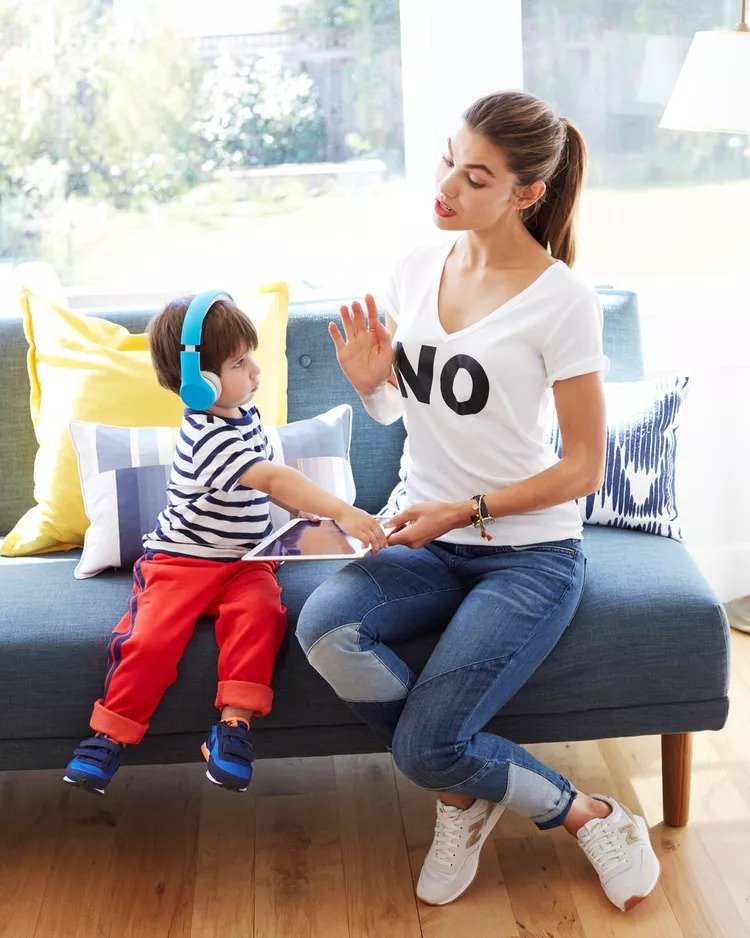8 Tips for Getting Kids to Cooperate

Source:https://www.parents.com/
Parenting can be a struggle when it comes to getting children to cooperate with tasks they may resist. As a pediatrician, I frequently face the challenge of encouraging kids to comply with necessary actions they might not want to take.
Here are top eight tips for enlisting a child’s cooperation:
Grab Their Attention: To get a child’s attention and ensure they listen, it’s important to command their focus, much like they seek your attention before performing a feat. If a child ignores repeated requests, they might not even be aware you’re speaking to them due to distractions.
Clown Around: Toddlers often respond positively to playful interactions with adults. Dr. Karen Carson, a pediatrician, engages her young patients by turning physical exams into a silly scavenger hunt, pretending to find characters like Elmo or Spider-Man in their ears. Parents can use similar techniques to encourage cooperation during tasks like diaper changes or applying bug spray. Suggestions include looking for characters, singing, telling stories, or making funny noises to keep children engaged.
Don’t Ask—Tell: In medical school, the author learned that preschoolers often don’t respond to polite requests like adults do. Now, they use clear, cheerful commands such as “Climb up on the exam table” to get compliance, which works better. Additionally, research indicates that children don’t grasp sarcasm or irony until around age 10, making those tactics ineffective for encouraging good behavior.
Use Words They Understand: You can enhance communication with your child by observing how they request things from friends and using their language in your own requests, such as asking them to clean their room. If that doesn’t work, simplify your vocabulary—using terms like “ear looker” instead of “otoscope” can make instructions clearer. Speaking in simple phrases or rephrasing your requests can improve understanding and help your child learn new words.
Be Patient: Children are more likely to cooperate when they don’t feel rushed, so giving them extra time to respond to directions can lead to better compliance. Pediatric E.R. nurse Kristina Robert suggests administering medicine slowly, one drop at a time, to ensure acceptance. Similarly, pediatricians can ease children into examinations by starting with less sensitive areas. To manage slower transitions, parents can use games like “Red light, green light” to maintain control over the pace, making tasks feel more engaging while keeping children comfortable.
Offer Your Kid a Choice: Dr. Kathleen Romero, a pediatrician, uses a choice-based strategy with her patients and her 18-month-old son, allowing them to choose which ear she examines first or whether they want to walk or be carried to the car. This approach encourages cooperation, as both options lead to the desired outcome. If the child refuses to choose, she simply takes charge and makes the decision for them.
Offer an Explanation: When giving commands to children, explaining your reasoning can enhance their understanding and cooperation. For toddlers, simple explanations like “Don’t touch! Ouchy!” can clarify safety concerns. For older kids, logical reasons—such as explaining the need for sunscreen to prevent skin cancer—can persuade them to comply. Encouraging children to express their own thoughts fosters negotiation skills. If they present a reasonable argument, such as wanting to skip piano practice to spend time with family, it’s acceptable to consider it. However, it’s important not to give in to emotional pleas, as that can reinforce undesired behavior.
Find Something to Praise: Focusing on specific praise can boost children’s confidence and encourage positive behavior. For instance, after a medical appointment, praising a child for a successful ear exam can help them feel accomplished, even if they struggled with other tasks. Similarly, acknowledging specific actions, like putting a dish in the sink without being asked, reinforces good habits more effectively than general compliments. Children enjoy meeting expectations and feel proud of their achievements, as evidenced by the joy a child feels after tidying up, even if the job isn’t perfect.
Read More: https://childreninfobank.com/safebank/8-tips-for-getting-kids-to-cooperate/
Image Source: https://www.parents.com/





